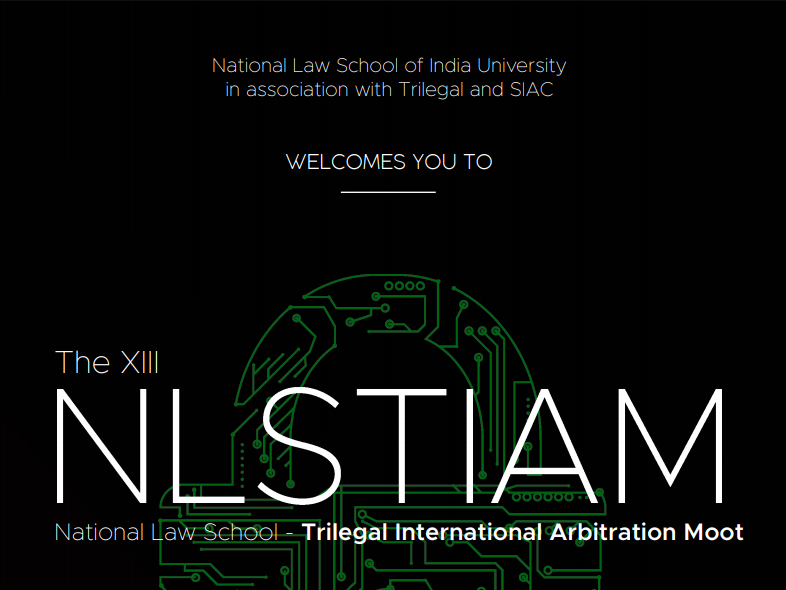With the COVID-19 pandemic continuing to ravage the world, the number of cases keep climbing, the end of the physical distancing, and lock-down measures don’t seem to be in sight. The world has been confronted with the looming question of how far can we continue to function normally and how do we do it? By and large, the answer to this question has been to go digital and move everything online. Conferences and team meetings have been replaced by conference calls over video; Classes have shifted online, and material is being circulated digitally; People
have come up with many innovative and creative solutions to stay connected. While the obvious privilege required to be able to access online platforms and resources continues to act as a barrier to many people, but with no real alternative in-sight, moving online seems to be the solution that is being adopted by people across the world. This brings us to the question of how do we continue to dispense justice and resolve disputes which exist but have been suspended along with the functioning of the Courts. Online Dispute Resolution (ODR) is being touted as the solution to help address this.
The Supreme Court has already taken a step in this direction and issued guidelines to take up disputes through video-conferencing. But it becomes important to address what really are the limits and capabilities of ODR? Through the NLS-Trilegal International Arbitration Moot (NLSTIAM), we hope to be able to arrive at a better understanding of the answer to this question. NLSTIAM has been a pioneer in the field of International Arbitration Moots in India. We’re one of the largest arbitration moot court competitions in South Asia.
When the COVID-19 pandemic began to start out in India, we were confronted with the question of whether shifting online would be possible, given the challenges prevailing in the space. We have been able to answer this question conclusively in the affirmative by collaborating with the Centre for Online Dispute Resolution, Bangalore (CODR), and have shifted the rounds to the online platform provided by CODR. With numerous arbitrators and students participating from across India and abroad, we believe the Moot is an excellent opportunity to test and push the limits of ODR as a method of dispute resolution.
The moot has a challenging case-study set on the theme of digital security and surveillance, coupled with virtual rounds, we hope to create discussions and conversations around the ideas of cyber-security, privacy, and confidentiality which form the centerpiece of the concept of ODR.
The dates of the virtual rounds are scheduled from May 21 – 24, 2020. The Grand Finals and valedictory ceremony are scheduled to take place on the evening of May 24 and will see participation from some of the pre-eminent practitioners and academicians in the world of International Arbitration. The Grand Finals will be live-streamed on all major social media platforms, so don’t forget to tune in!







